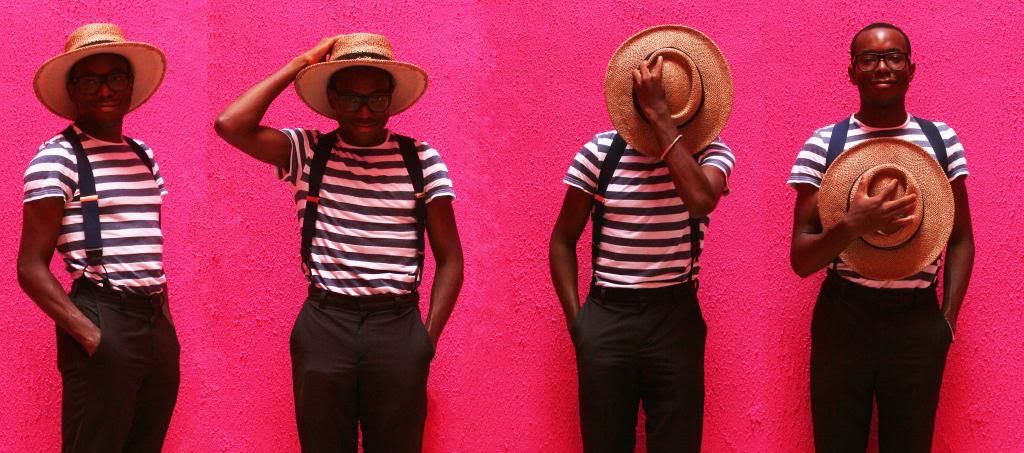Can you die if it isn't your day to die?
Afam
15:41:00
There’s something about being in your twenties. It’s the only time in your life when you can be a young upwardly mobile professional and a smooth talking delinquent with little or no irony, perfectly preserved in some version of post adolescent beauty by the happy combination of fantasy, alcohol and money. At least, that’s how the Nigerians I know do their twenties. Adult children with big dreams devoid of suffering, weeping or teeth gnashing. If only their dreams were real.
Somewhere in our twenties adulthood begins. The smooth roads we dreamt of are only accessible when we sleep, or at the end of a whisky. Happiness grows so fleeting that it is scarcely remembered. Instead we learn how to perfectly preserve every exquisite moment of our suffering. Or maybe that’s just me.
I was driving across Falomo bridge in Lagos. It’s an important bridge but it isn’t the most important bridge here. That title would have to go to the Third Mainland bridge, aptly and unimaginatively named because it’s the third bridge that connects the island to the mainland. More important because it handles more traffic than any other bridge in the city. Falomo just connects two of the city’s more wealthy neighbourhoods. It serves its purpose with a Lagosian mediocrity for although it has not yet collapsed (I think it will some day) it isn’t the sort of bridge that you speed along without fear that a new unregistered undercarriage wrecking pothole has sprung up without warning. But I didn’t care about that. I was drunk and trying to prove a theory.
When my grandfather buried my grandmother he buried himself. Three months after, he needed a wheelchair; four months, his heart started failing; five months, and he had trouble breathing. Six months later he was at my brother’s wedding. On Christmas Day he had a few glasses of Champagne and said, “I just want you all to know that if I die today I die a happy man.” Three days after he was gone. He died they way he lived. With him there was no time for regret only action. This brings us back to the theory I was trying to prove... That we wouldn’t die until we were meant to no matter how hard we tried.
The speedometer climbed: 60,70, 100. My heart beat too fast for sanity, more adrenaline than blood in my veins. 120, 140, two cars joined the bridge. I’d gone far enough. I hit the brakes. It was too late now. It was going to be the car and me or the car or me. At that moment I felt something like regret. I could hear the squeal of metal on metal. I didn’t want to hurt myself or the Nissan which had begun to rebel against the idea that it should pay attention to the steering wheel. I felt like a brave fool. I thought, “Forget about half arsed prayers, God my life’s actually in your hands.” I’d forced life’s most mysterious aspect to make a move.
The cars in front of me picked up their pace madly, like they’d begun a drag race. The Nissan slowed quickly, 140 to 60 in the blink of an eye. Nothing happened... but I knew two things. The first was that it wasn’t my day to die. The second was that I wasn’t quite alright.
x







